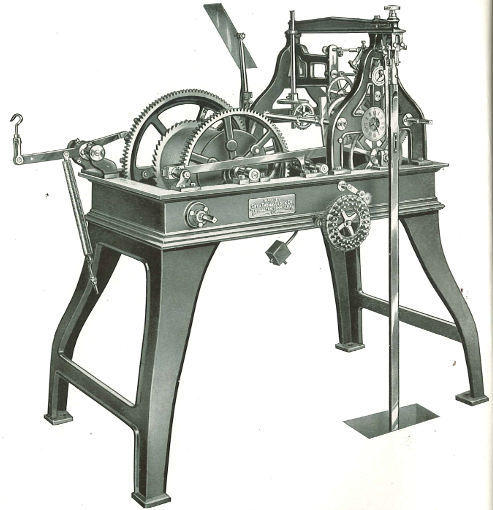…and lots of other things, by the always-interesting Paul Graham. Excerpt:
People trying to be cool will find themselves at a disadvantage when collecting surprises. To be surprised is to be mistaken. And the essence of cool, as any fourteen year old could tell you, is nil admirari. When you’re mistaken, don’t dwell on it; just act like nothing’s wrong and maybe no one will notice.
One of the keys to coolness is to avoid situations where inexperience may make you look foolish. If you want to find surprises you should do the opposite. Study lots of different things, because some of the most interesting surprises are unexpected connections between different fields. For example, jam, bacon, pickles, and cheese, which are among the most pleasing of foods, were all originally intended as methods of preservation. And so were books and paintings.
Whatever you study, include history– but social and economic history, not political history. History seems to me so important that it’s misleading to treat it as a mere field of study. Another way to describe it is all the data we have so far.
Read the whole thing.

